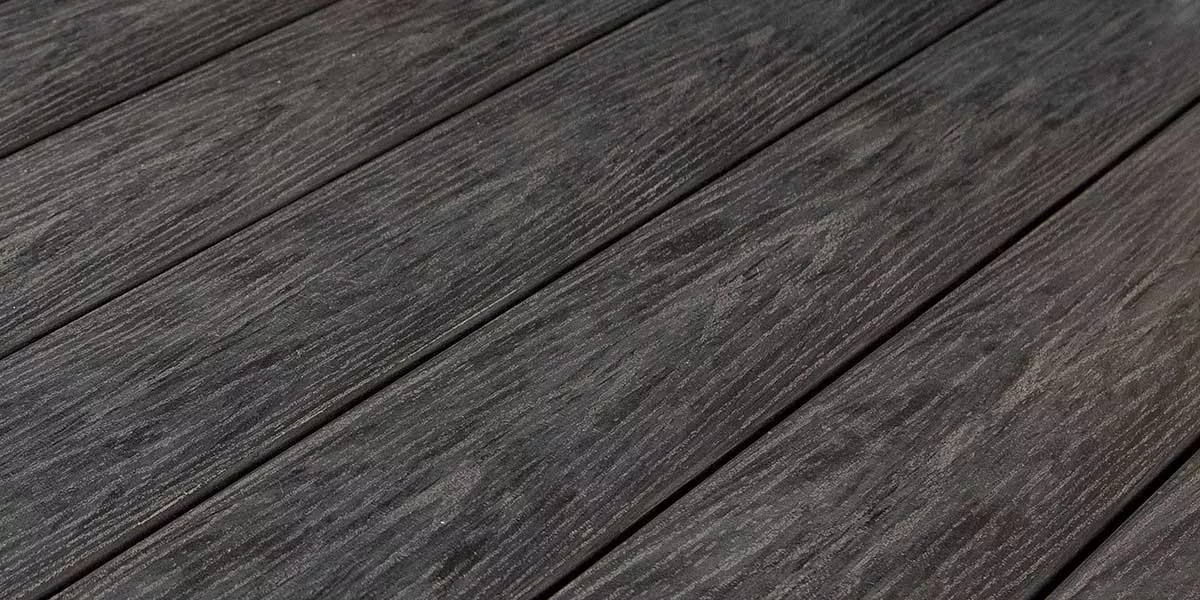Why You’re On Safe Ground With Our UPVC And Composite Decking
In the USA, the month of May is National Deck Safety Month, created by the North American Deck and Railing Association to raise awareness of the increase in the number of wooden decks that have collapsed, fallen apart, or failed in some other way.

In the last four years, over 220,000 Americans have been injured due to a wooden deck or porch collapsing.
Though we don’t have an equivalent annual awareness campaign here in the UK, it offers a reminder to all wooden decking owners that they should get their wooden decking regularly inspected and maintained.
Spring is a good time to have wooden decking looked over and fixed, if it can be, by a professional decking specialist.
You’re far less likely to experience any of these sorts of issues when you firstly appoint a well-qualified decking company to fit your decking, who work to all the necessary building standards, and, secondly, avoid wooden decking and only buy UPVC or composite decking for your outdoor space.
Wooden decking is prone to weakening, splitting, decaying and becoming damaged as it ages, and once those types of issues occur, you have a pretty thankless task remedying them.
UPVC and composite decking is resistant to all of that and can be practically left alone once it’s been installed. The very most it will need is the odd sweep with a broom to shift any loose dirt or debris, and a bit of soap and hot water to remove stains.
After all this sunny weather, we’ll be due some rain at some point. But when UPVC or composite decking gets wet, it doesn’t become slippy, so there’s a far smaller chance of you taking a tumble on it than on a wet wooden deck.
We have resumed installing our UPVC and composite decking, following all the safety measures, if you wish to have it fitted in your back garden soon. Make a Virtual Appointment to get all the planning underway.